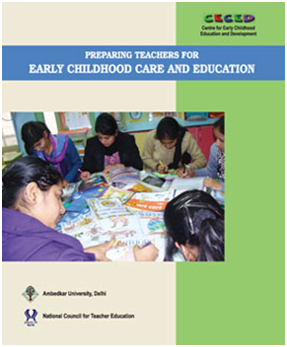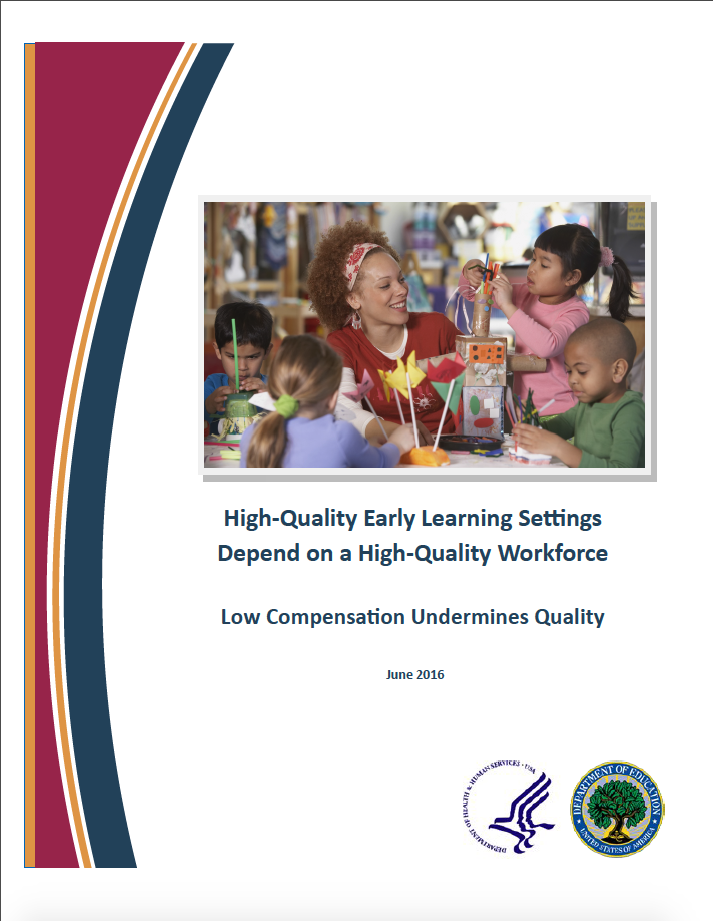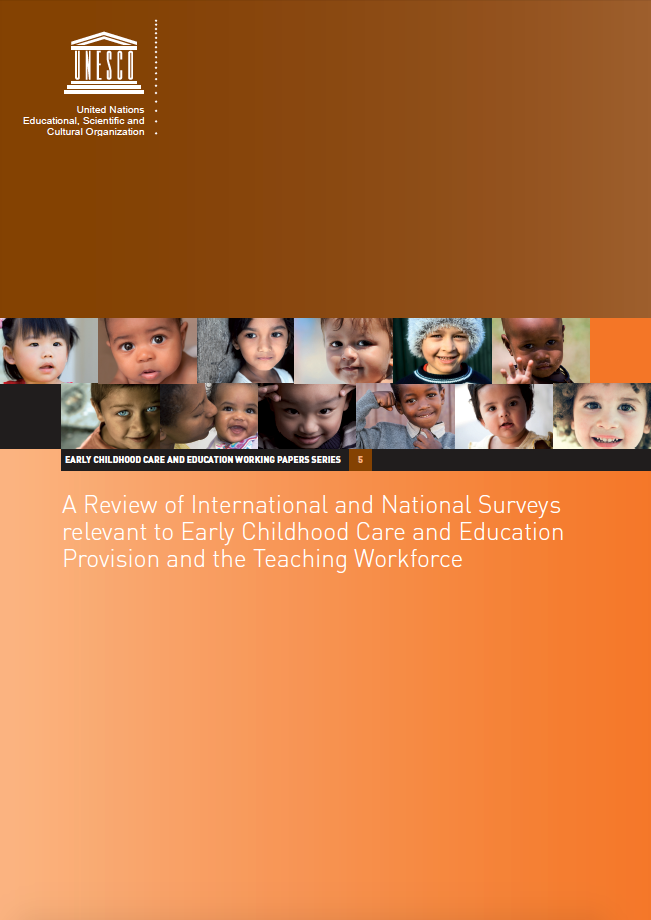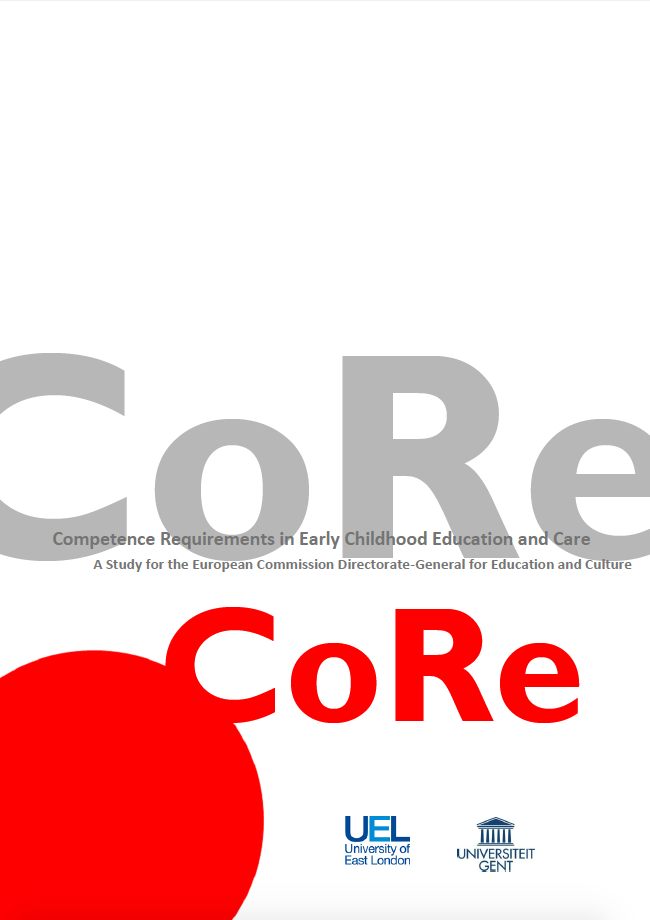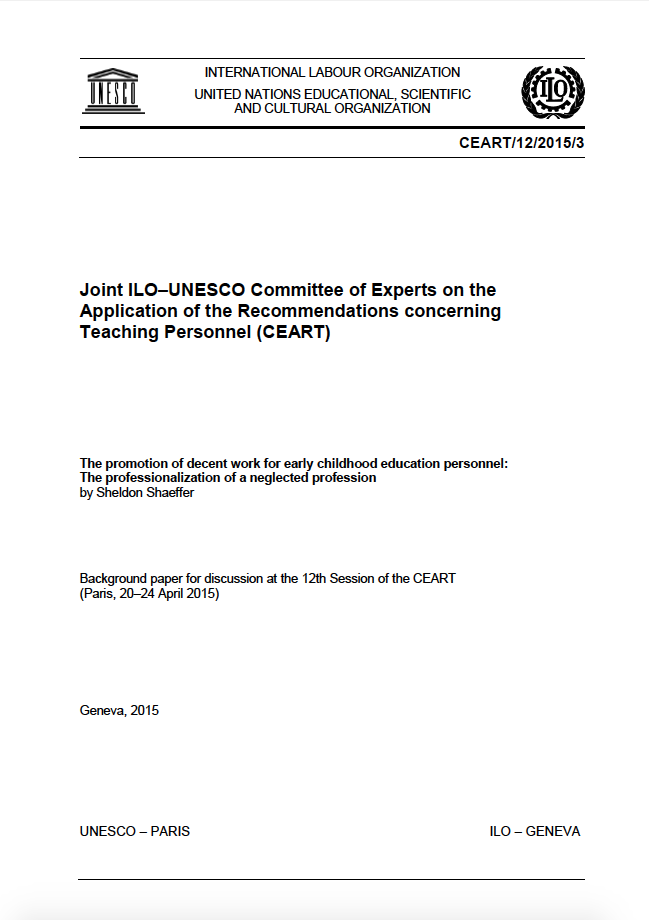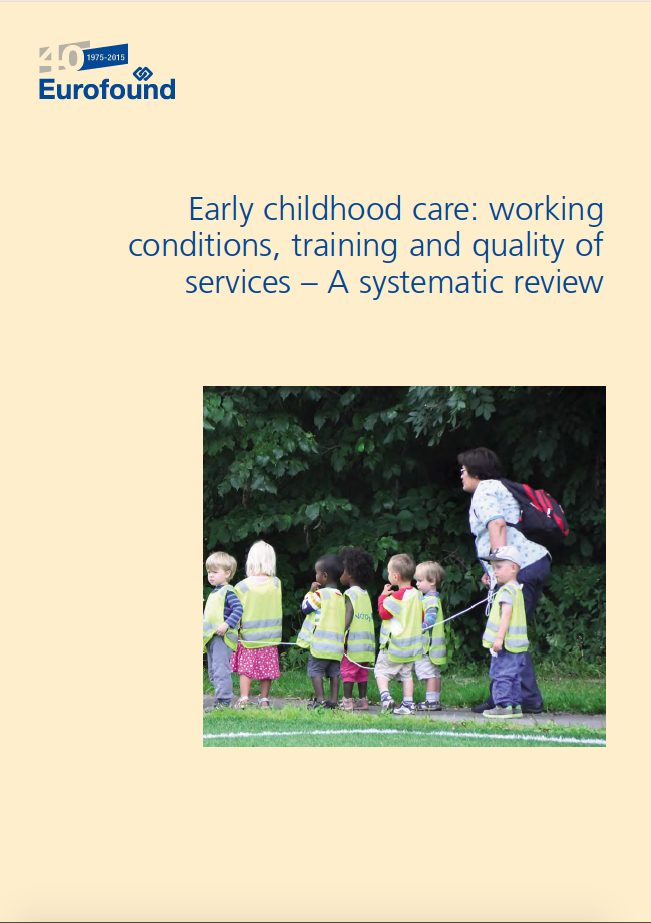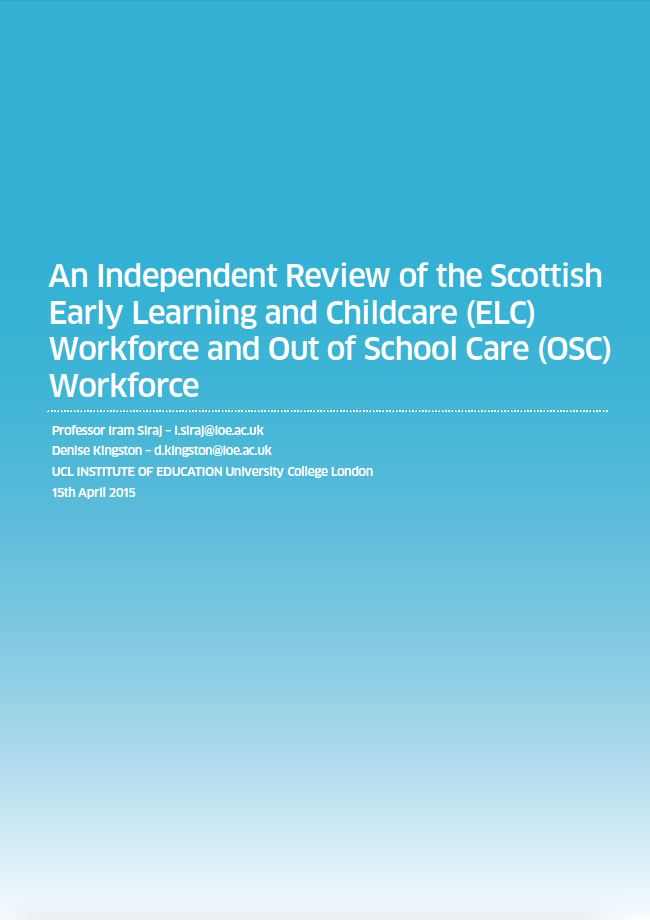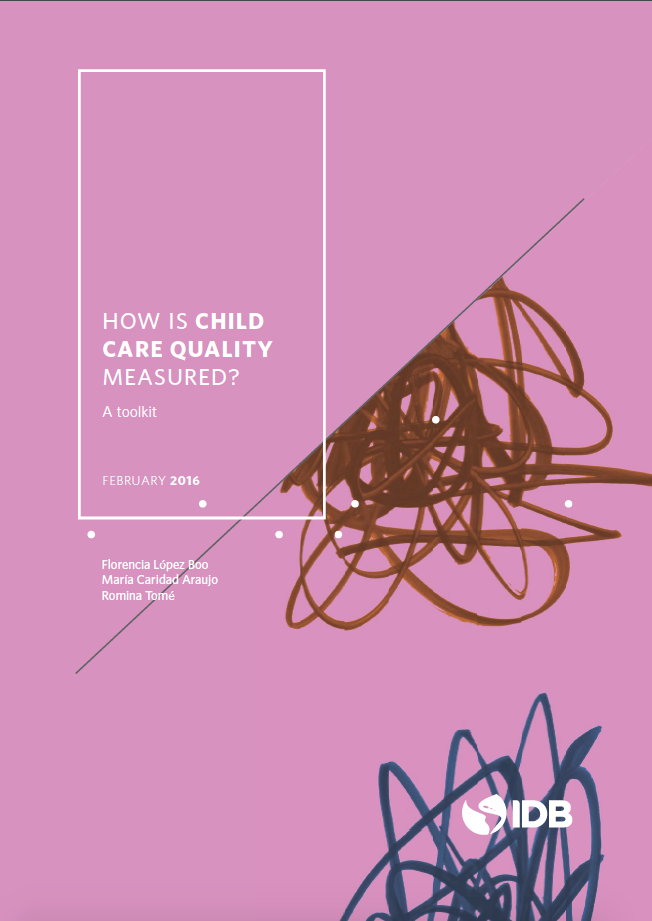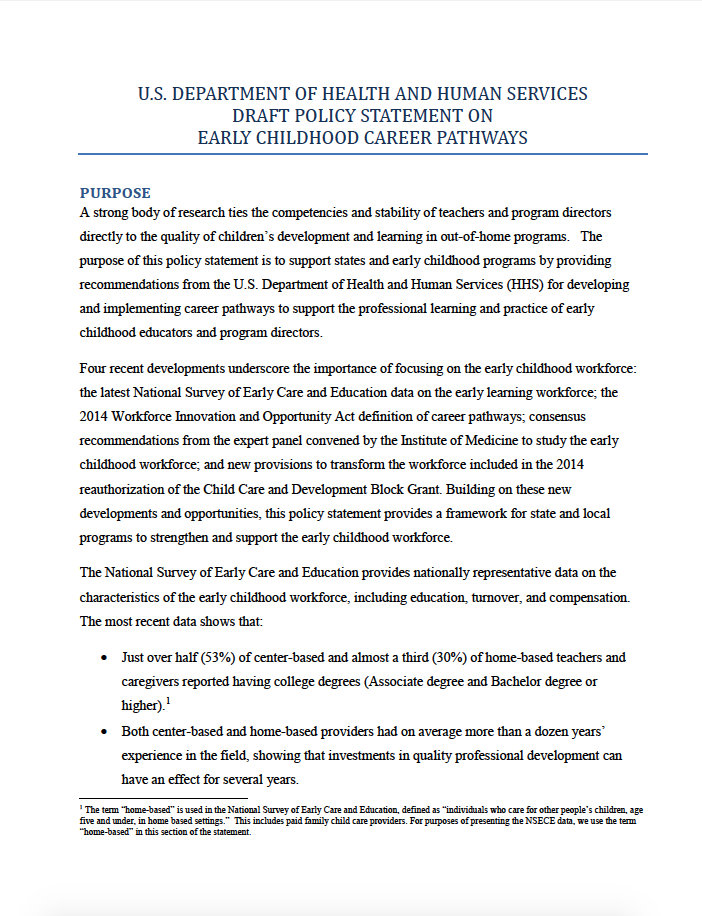Final report: Twelfth Session: Joint ILO-UNESCO Committee of Experts on the Application of the Recommendations concerning Teaching Personnel, Paris, 20-24 April 2015
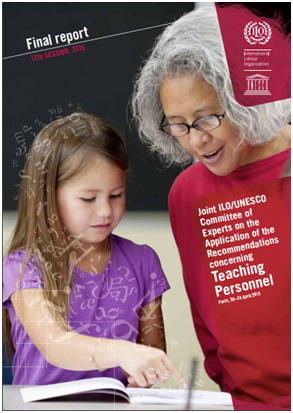
This report summarizes the analysis of major issues affecting the status of teaching personnel worldwide at all levels of education by the 12th Session of the Joint ILO–UNESCO Committee of Experts on the Application of the Recommendations concerning Teaching Personnel (the Joint Committee), held in Paris on 20–24 April 2015. Composed of independent education experts from around the world, the 12th Session of the Joint Committee examined a number of urgent issues affecting teaching personnel, including quality teaching in higher education, professionalization of early childhood education personnel, changing employment relationships in teaching, the impact of digital technologies, and social dialogue. The Joint Committee also examined a number of allegations from teacher unions regarding the application of the Recommendations. The report of this session contains recommendations to the Governing Body of the ILO and to the Executive Board of UNESCO, and through them to governments, employers’ and workers’ organizations of their member States, on how to improve the condition of the teaching profession within their respective mandates, using the two Recommendations as guidelines. The recommendations of the Joint Committee are nonbinding, being intended to guide the actions of national authorities, employers’ and workers’ organizations and other education stakeholders.
Authors: Year of Publication:2015
unesdoc.unesco.org


